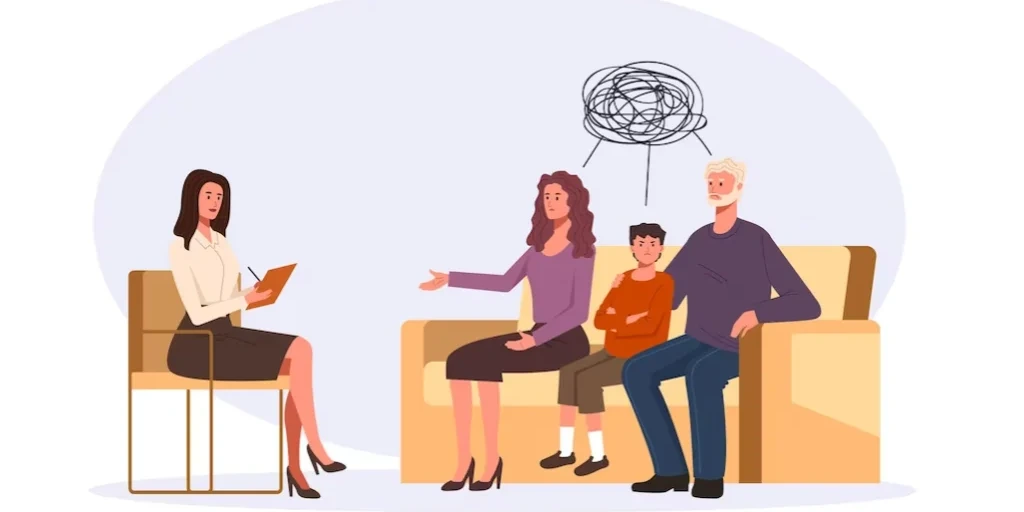24/7 Helpline:
(866) 899-221924/7 Helpline:
(866) 899-2219
Learn more about Ecstasy Rehab centers in Odell
Ecstasy Rehab in Other Cities

Other Insurance Options

American Behavioral

MHNNet Behavioral Health
Beacon

Ambetter

AllWell

Premera

Providence

Meritain

Access to Recovery (ATR) Voucher

WellPoint

Highmark

Sliding scale payment assistance

Aetna

CareSource

BlueCross

Holman Group

Horizon Healthcare Service

Health Net

Group Health Incorporated

ComPsych



Providence Hood River Memorial Hospital Behavioral Health
Providence Hood River Memorial Hospital Behavioral Health is a private rehab located in Hood River, ...

Mid Columbia Center for Living
Mid Columbia Center for Living is a public rehab located in Hood River, Oregon. Mid Columbia Center ...






































